What is your role at TheRoomLink, what does it entail and why did you start it?
I am the founder and owner of TheRoomLink, and it has been my responsibility to mould its creation, take it to market and grow it. I started it because I was hoping an internet business would make it easier for my husband, who is British, and I to spend more time in South Africa and enable us to move here permanently. I had been living in the UK for 15 years and really missed South Africa. But I didn’t just want to start any internet business, I wanted to start one that could have an impact.
How has the journey to creating this service been like so far?
I don’t want anyone to think the journey is easy, because that is the one thing it isn’t. It has been very hard work. There some days where you think you were stupid to embark on the journey at all! But all of those are overridden by spells of pure elation, growth, excitement and reward. And luckily there are many more good days than bad days. I can honestly say that I have learned more in the past year than I did in the 10 years before that!
When we received our first email from an ecstatic client, I was in seventh heaven. It proved that TheRoomLink was providing a website and service that people needed and loved. All the tough days were worth it. And of course, I have a very supportive husband who believes in me, which really helps.
What did you have to study or learn to prepare you for this job?
The reality is: you don’t really have to study anything, but if you have studies and experience behind you, it’s going to improve your chance of success. These are the skills I brought into the business with me: I am a qualified accountant, a performance, CV and life coach, programme and project manager, change management and management consultant. I have led big IT projects, but I still didn’t think I had all the qualifications I needed to embark on the journey, so I enrolled in an intensive Search and Social Media course. And there are still gaps in the skills set I need: graphic design, coding and digital marketing are 3 more skills I wish I had!
What do you think are the advantages of having girls/women in the tech space?
Women/girls bring a different perspective and I love having them on my team. In my experience girls/women are conscientious and diligent multi-taskers. Women want to get ahead by proving they can excel at the job and master it. And the reality is that working in tech requires hard work, adaptability, willingness to change, creativity and agility, all the traits that many girls possess. And having girls/women in the tech space provides balance - a balance delivers positive outcomes.
What do you think would help to get more young girls interested and involved in tech-related activities?
Start young! Schools can really help to show the fun side of tech - it’s not all about testosterone- fuelled gadgets and coding. Think of things that girls are naturally interested in, like fashion - show how tech can be used in the fashion world. Most women like pretty things, well designed things - how can tech influence these worlds? Pinterest is a perfect example of someone who took the love of pretty things and created a worldwide brand from it. Make every girl watch the video
on code.org and get involved in the Hour of Code (#HourOfCode).
With what you know now, what advice would you give to your 17-year old self?
Learn to code! I wish I had. Even if I wasn’t going to use it in my day job. It’s another language like Chinese, French or Spanish is - it helps you trade within a global world. Also, university isn’t the only place in the world where you can learn. The internet is a fountain of free training - learn some skills from free MOOC courses, or even YouTube videos. Learn the skills and try to apply them. Get yourself a CV that makes you stand out from the crowd and finally, learn to listen more. Surround yourself with people you can learn from. If you’re not learning something new every day, you’re in the wrong place!





